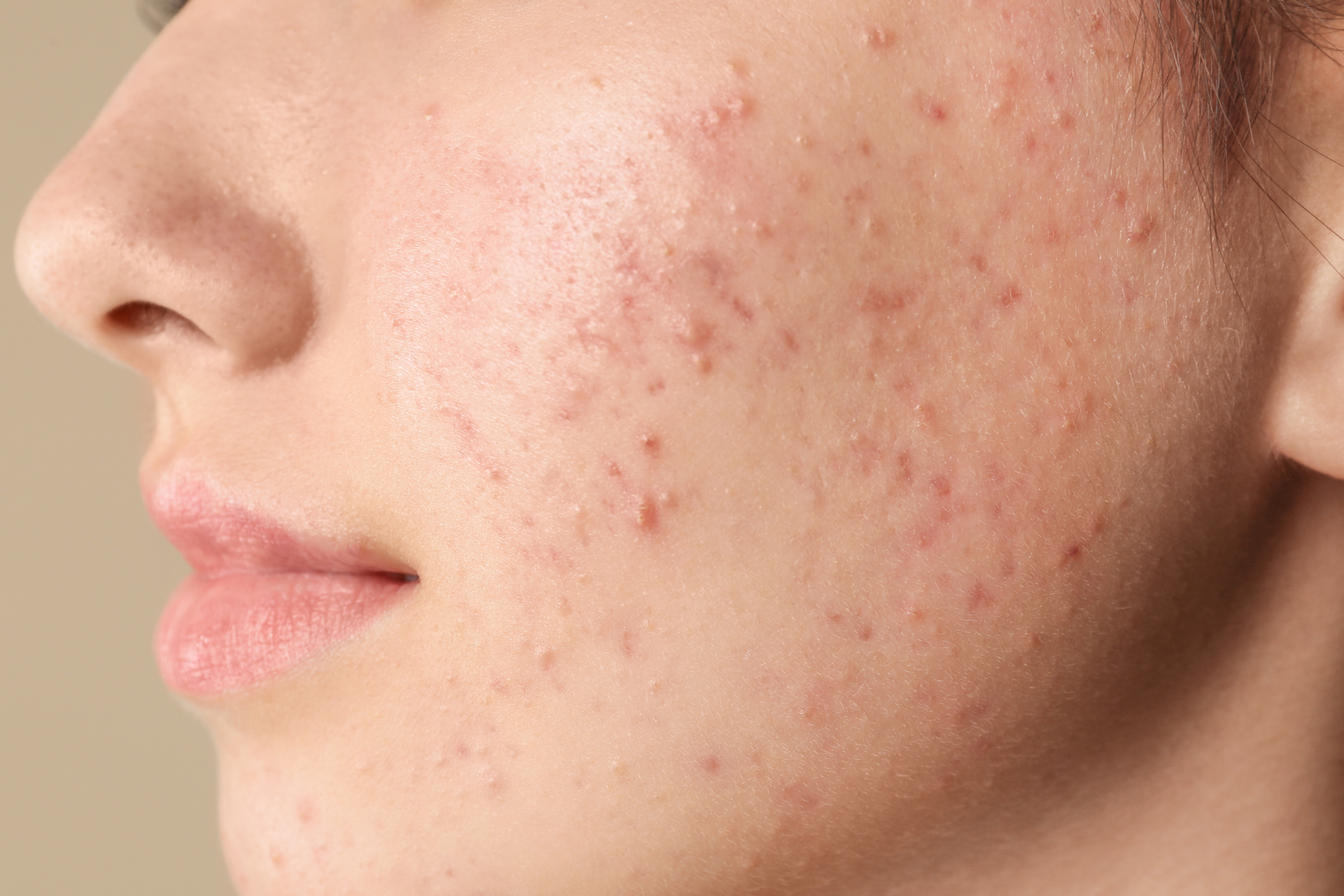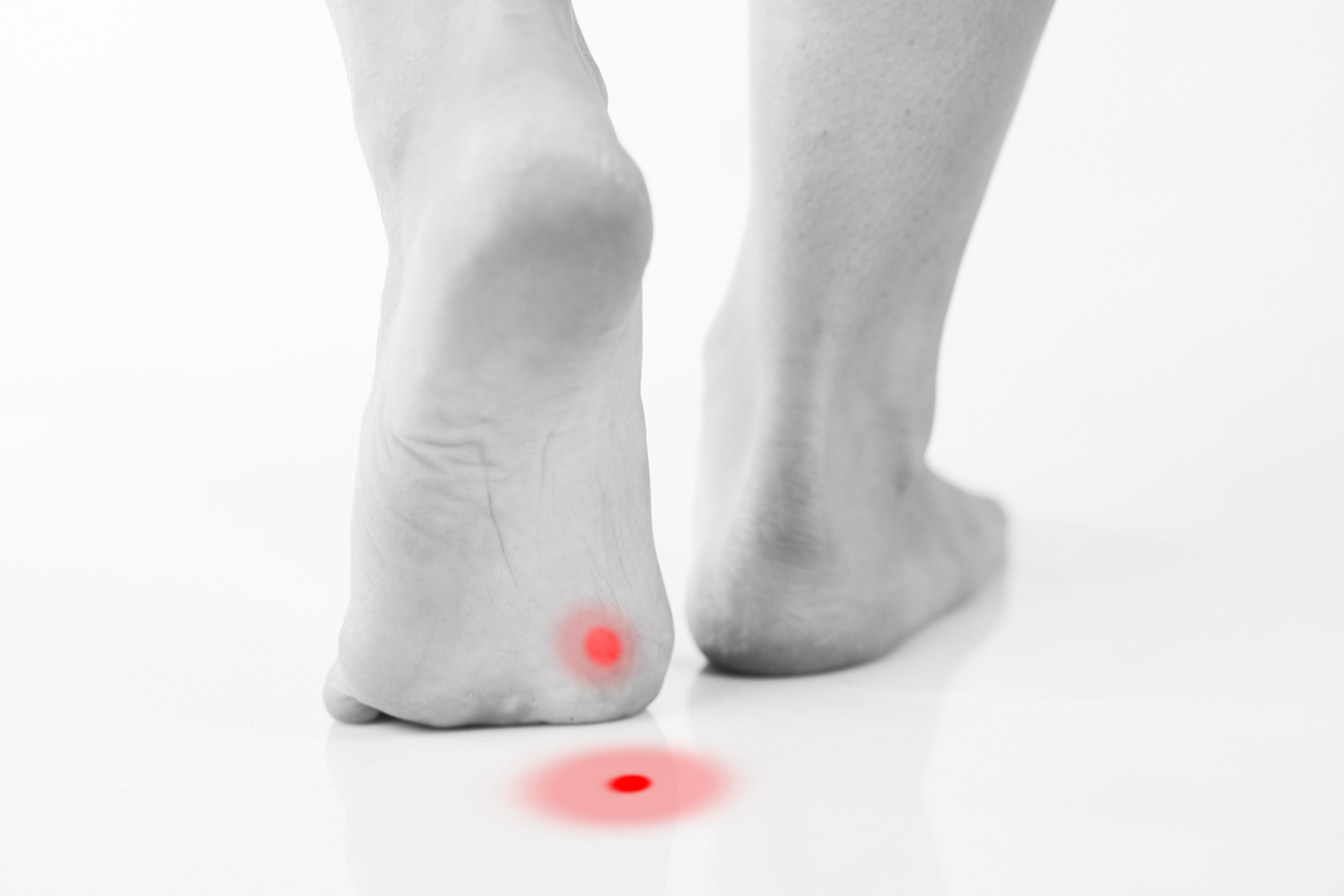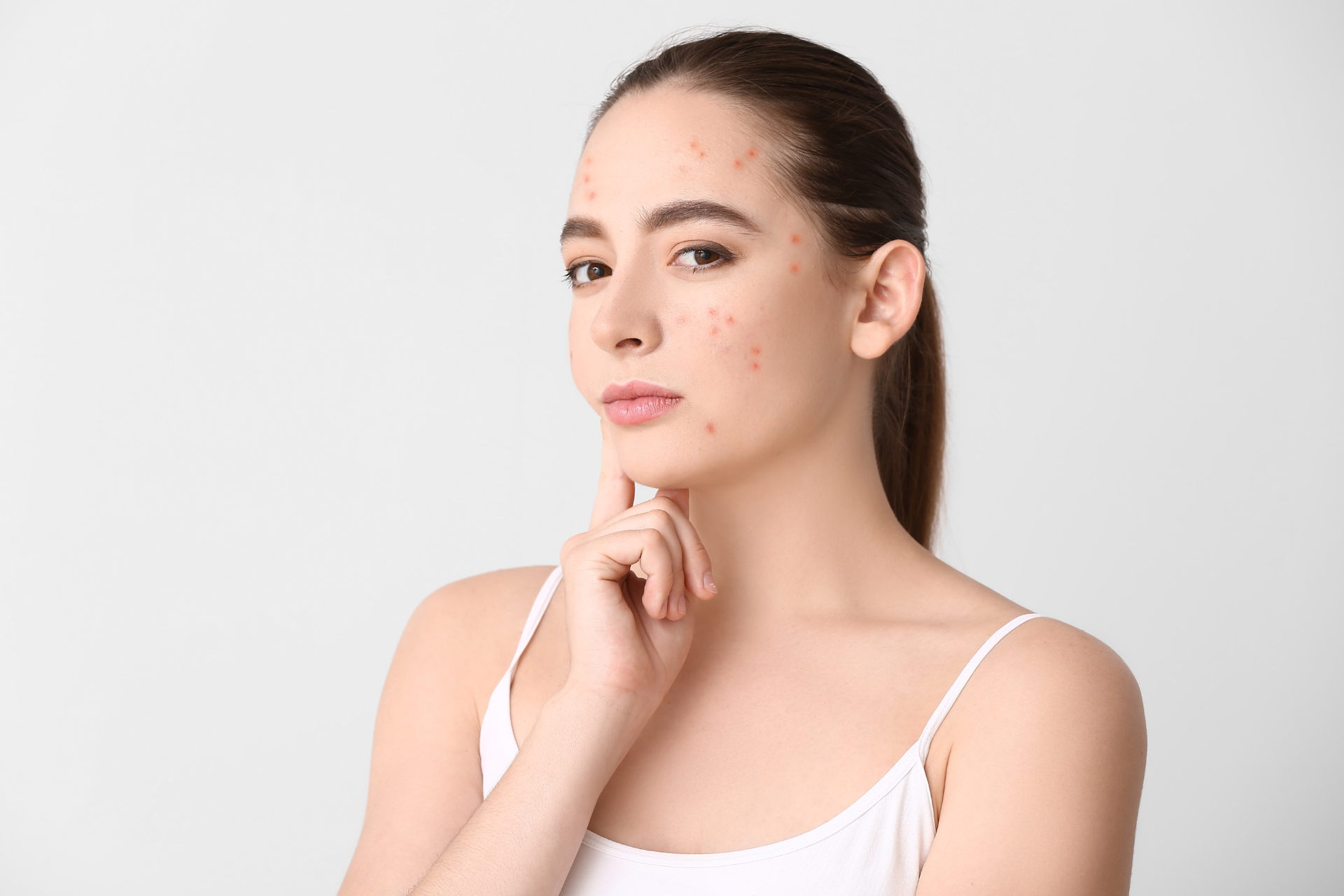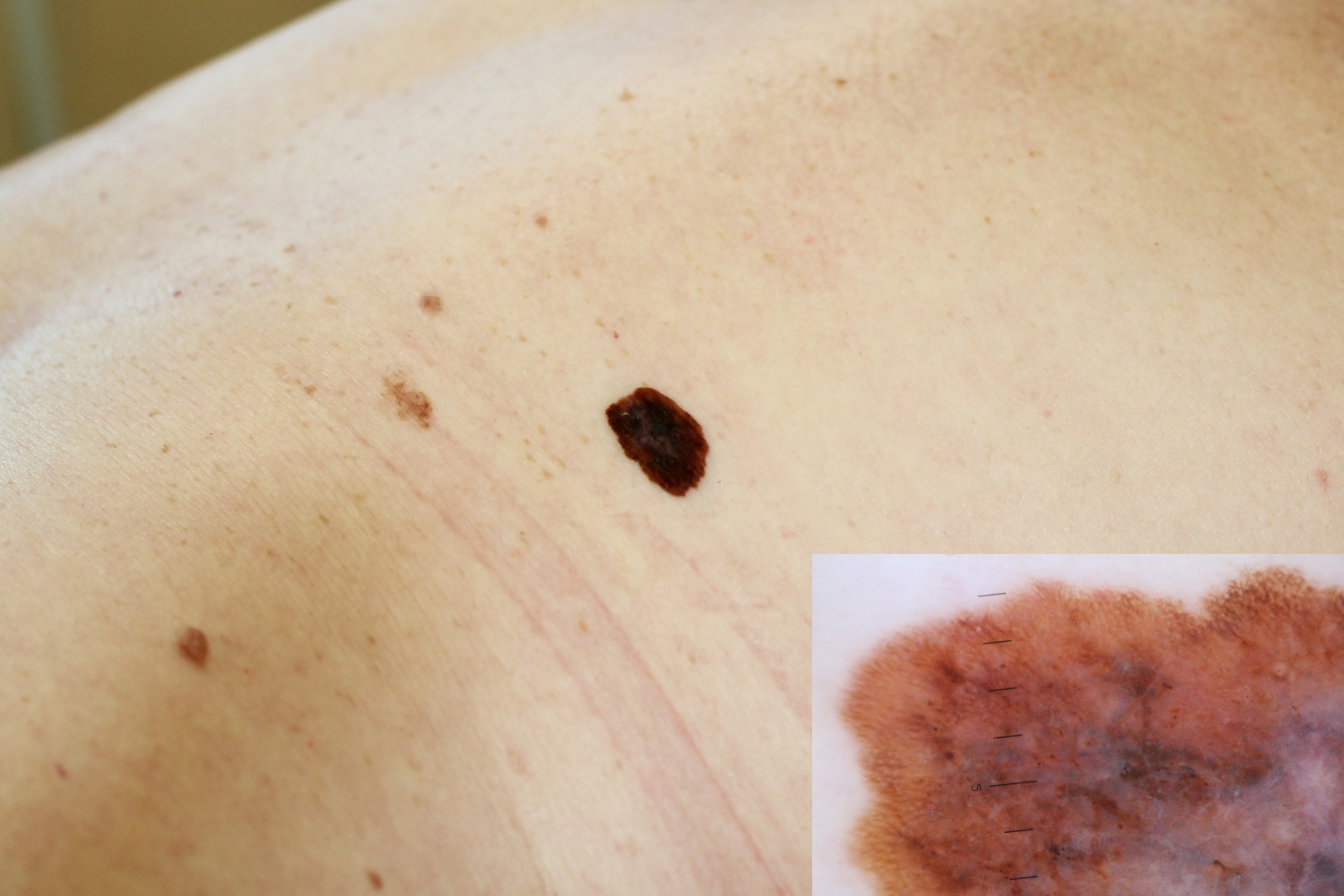The Connection Between Diet and Acne: What to Eat for Clear Skin

Acne is a common skin condition that affects people of all ages, causing distress and impacting self-confidence. While there are many factors that contribute to the development of acne, one often overlooked aspect is diet. The food we eat plays a significant role in our skin health, and making the right dietary choices can help improve acne and promote clearer, healthier skin. At Fall Creek Skin and Health Clinic, we believe in addressing all aspects of skin care, including the role of diet in managing acne.
Understanding the Relationship Between Diet and Acne
Acne develops when hair follicles become clogged with oil and dead skin cells, leading to the growth of bacteria and inflammation. While genetics, hormones, and environmental factors can all influence the development of acne, research suggests that diet can also play a role. Certain foods have been linked to worsening acne symptoms, while others may help reduce inflammation and promote clearer skin.
Foods to Include for Clearer Skin
1. Antioxidant-Rich Fruits and Vegetables:
Fruits and vegetables are rich in antioxidants, which help protect the skin from damage and inflammation. Include a variety of colorful fruits and vegetables in your diet, such as berries, oranges, spinach, and bell peppers.
2. Omega-3 Fatty Acids
Foods rich in omega-3 fatty acids, such as salmon, walnuts, and flaxseeds, have anti-inflammatory properties that may help reduce acne symptoms. Adding these foods to your diet can promote healthier skin and reduce inflammation.
3. Probiotic-Rich Foods
Probiotics are beneficial bacteria that support gut health, which is closely linked to skin health. Yogurt, kefir, kimchi, and sauerkraut are all good sources of probiotics that can help balance the gut microbiome and improve acne symptoms.
4. Whole Grains
Opt for whole grains like brown rice, quinoa, and oats instead of refined grains like white bread and pasta. Whole grains contain more nutrients and fiber, which can help regulate blood sugar levels and reduce inflammation, potentially improving acne.
5. Zinc-Rich Foods
Zinc is an essential mineral that plays a key role in skin health and wound healing. Include zinc-rich foods like shellfish, legumes, seeds, and nuts in your diet to support healthy skin and reduce acne symptoms.
Foods to Limit or Avoid
1. High-Glycemic Foods
Foods with a high glycemic index, such as sugary snacks, white bread, and processed foods, can spike blood sugar levels and promote inflammation, potentially worsening acne. Limiting these foods may help improve acne symptoms.
2. Dairy Products
Some studies suggest that dairy products, particularly milk, may contribute to acne development. If you suspect dairy may be worsening your acne, consider reducing your intake or opting for dairy alternatives like almond or oat milk.
3. Fried and Greasy Foods
Fried and greasy foods can increase oil production in the skin and clog pores, leading to acne breakouts. Limiting these types of foods may help reduce acne symptoms and promote clearer skin.
In Conclusion
While diet alone may not be the sole cause of acne, making mindful dietary choices can complement other acne treatments and help improve skin health. At Fall Creek Skin and Health Clinic, we believe in a holistic approach to skin care that includes addressing lifestyle factors like diet. By incorporating nutrient-dense foods that support skin health and avoiding those that may exacerbate acne, you can take proactive steps towards achieving clearer, healthier skin. Remember to consult with a healthcare provider or dermatologist for personalized recommendations tailored to your specific skin concerns.




